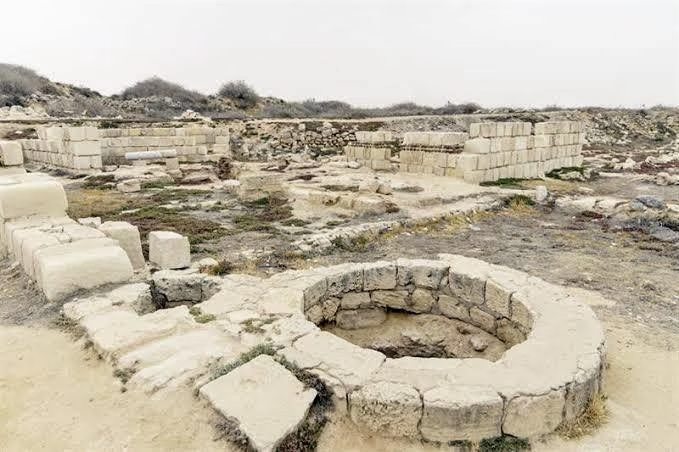UNESCO makes landmark decision: Egypt’s iconic Abu Mena archaeological site, once a major Christian pilgrimage center, is no longer under threat thanks to years of dedicated restoration work.
In a major win for cultural preservation, UNESCO has officially removed the Abu Mena archaeological site near Alexandria from its List of World Heritage in Danger after more than two decades. The announcement was made during the 47th session of the World Heritage Committee in Paris, signaling international recognition of Egypt’s long-term commitment to safeguarding its historical treasures.
The decision follows a 2025 joint monitoring mission that praised Egypt’s success in implementing a sophisticated groundwater management system, restoring key architectural elements, and improving site infrastructure. These measures effectively addressed the rising water levels that once threatened the ancient mudbrick structures of Abu Mena, one of the earliest and most sacred Christian pilgrimage sites outside Jerusalem.

A Sacred City Reborn
Dating back to the 4th–6th centuries AD, Abu Mena was built around the tomb of Saint Menas, a Roman soldier-saint martyred during Emperor Diocletian’s rule. The site gained UNESCO World Heritage status in 1979 but was placed on the endangered list in 2001 due to environmental threats from surrounding agricultural activity and flood irrigation.
In 2019, Egypt launched an ambitious conservation initiative, combining hydrogeological studies, engineering solutions, and architectural restoration. A trial of the new groundwater control system began in 2021, with full implementation completed in 2022.
Collaboration at Its Best
Egypt’s Minister of Tourism and Antiquities, Dr. Sherif Fathy, hailed the decision as a “national achievement,” crediting not only state agencies and restoration experts but also the vital role of the Coptic Orthodox Church and Pope Tawadros II. He emphasized that this success story showcases how government, religious institutions, and civil society can unite to protect shared heritage.
Dr. Mohamed Ismail Khaled, Secretary-General of the Supreme Council of Antiquities, highlighted that UNESCO’s endorsement proves Egypt’s heritage strategy is both effective and sustainable, setting a benchmark for global conservation practices.
Preserving the Legacy for Generations
With Abu Mena now stabilized, Egypt is focusing on long-term sustainability, including regular technical updates to UNESCO, continued infrastructure maintenance, and international collaboration. The site stands not only as a spiritual landmark of early Christianity but also as a global model for successful heritage recovery through science, cooperation, and cultural pride.





